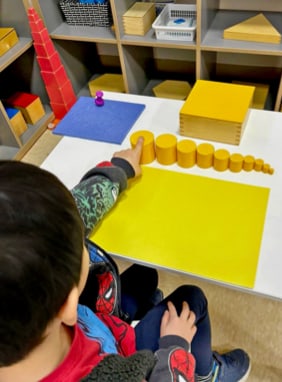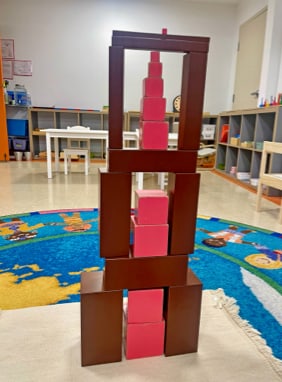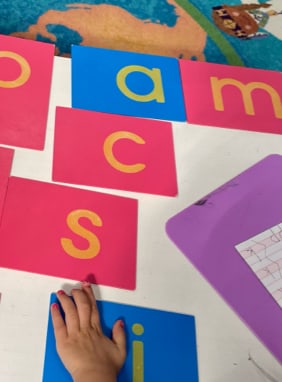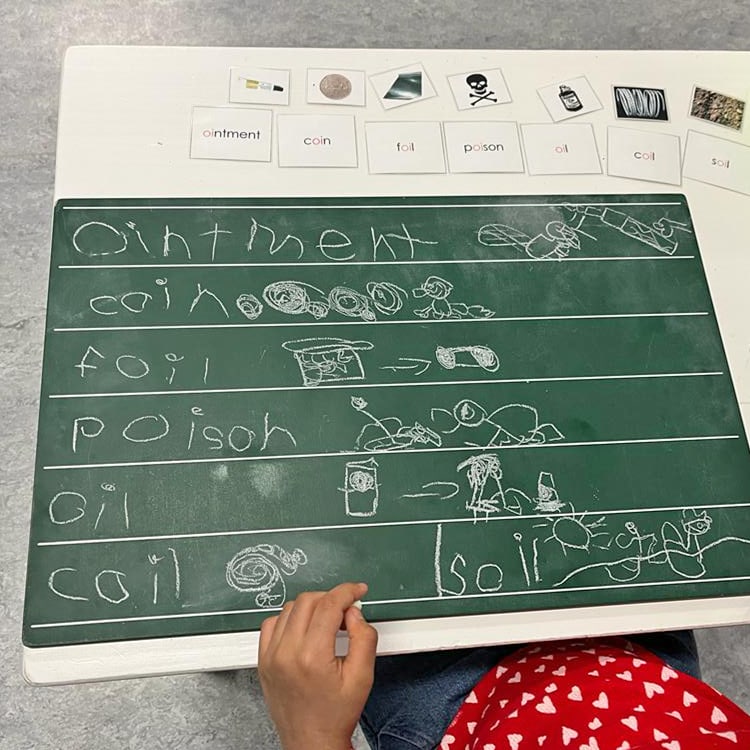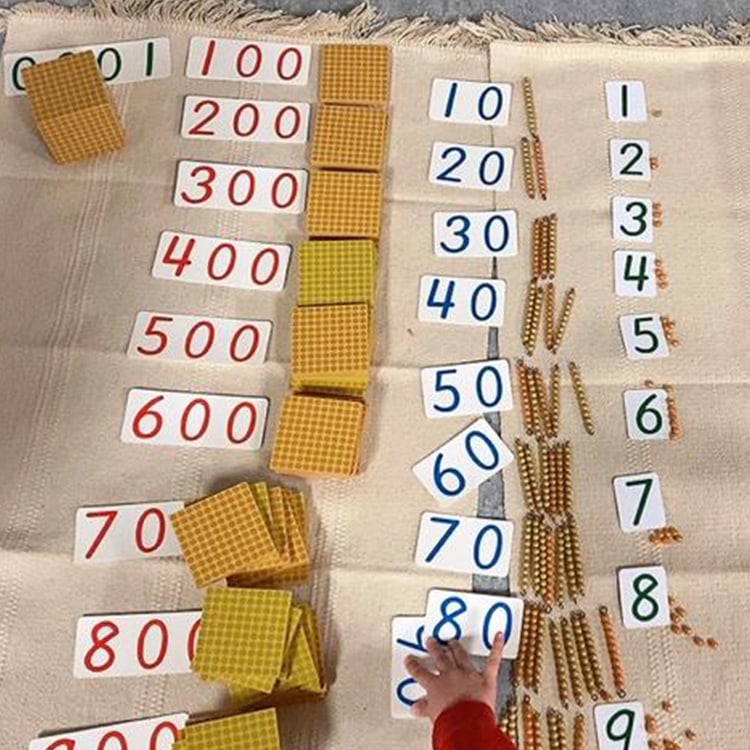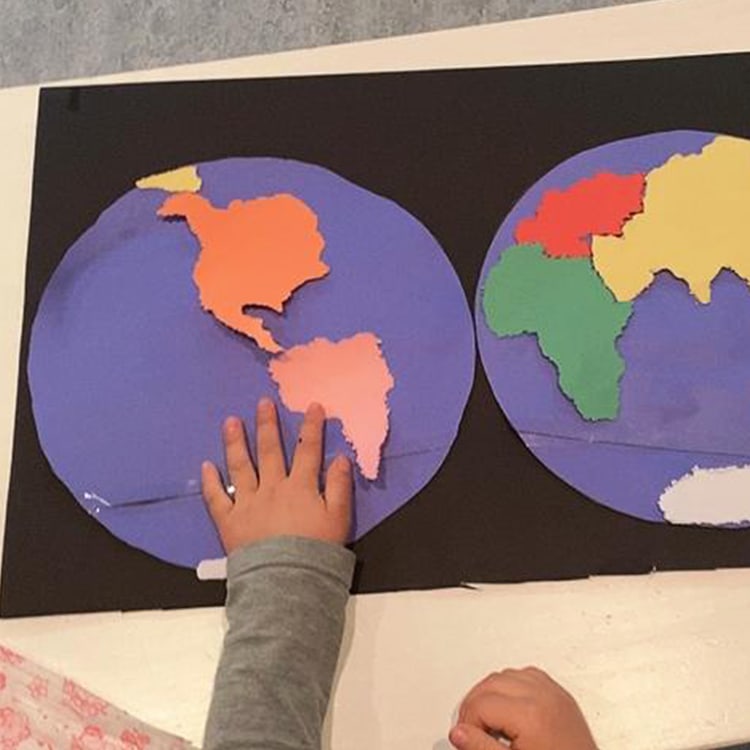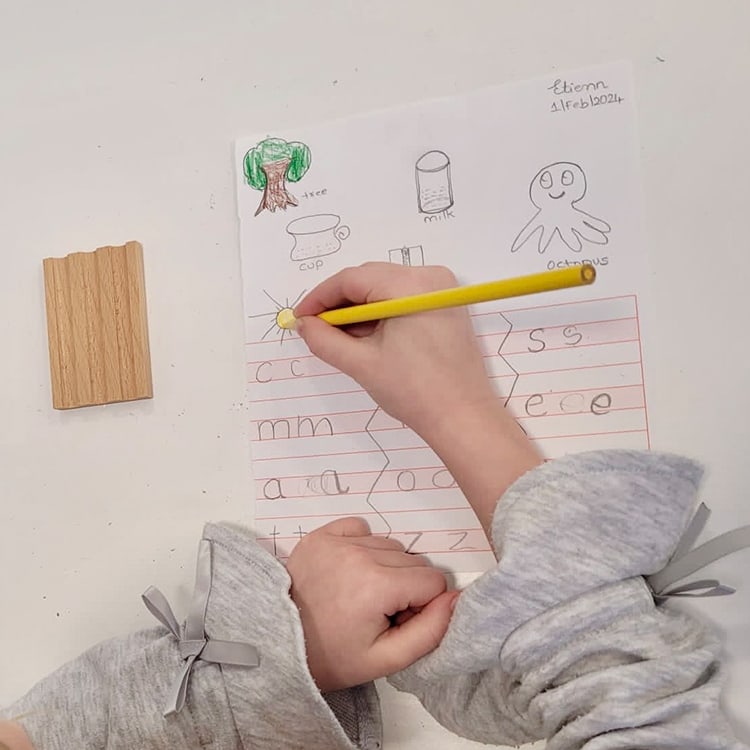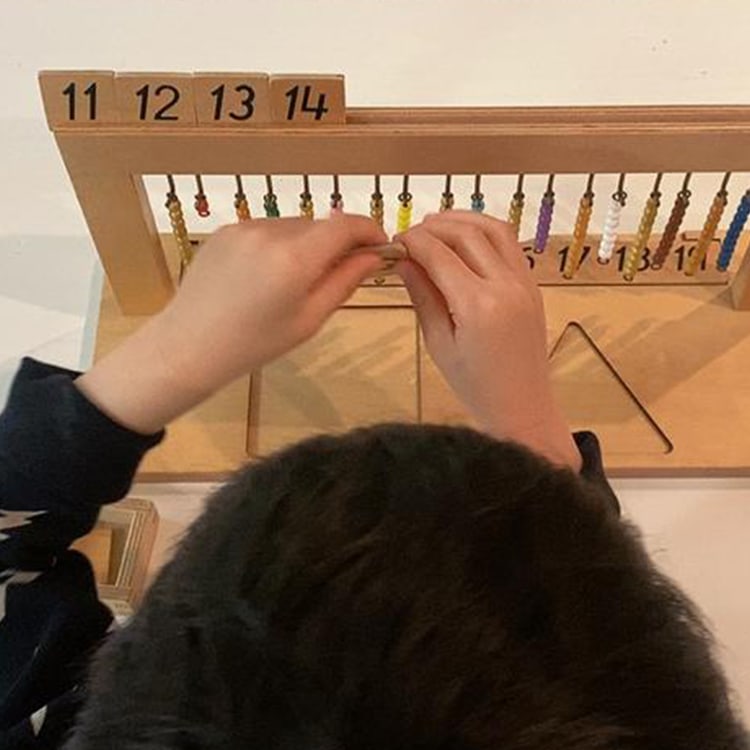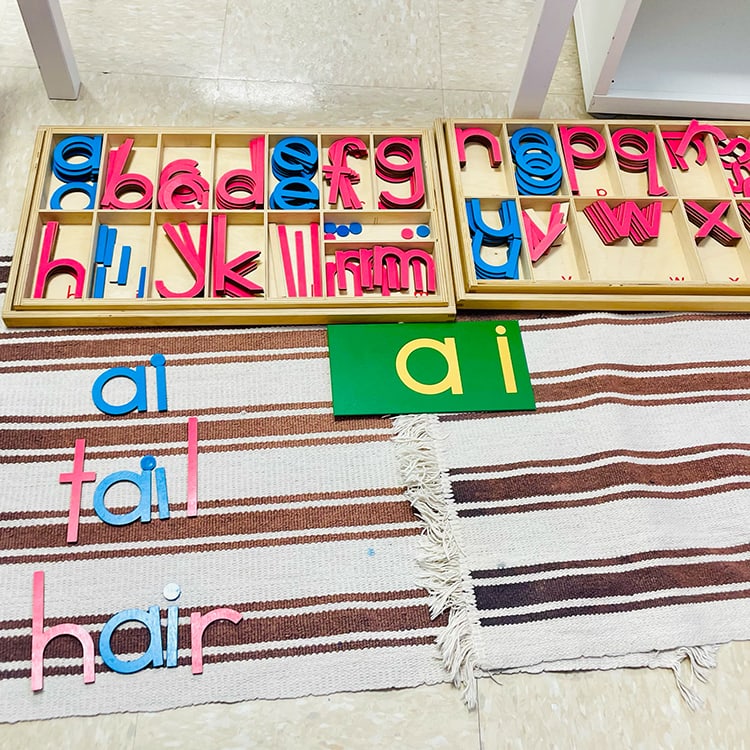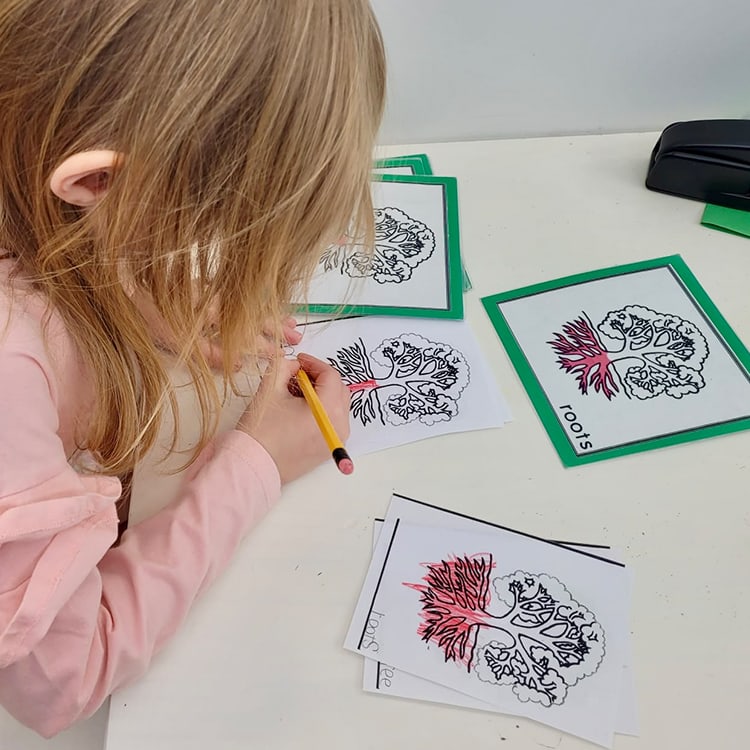One of the most common questions parents have about Montessori schools is whether or not they assign homework. After all, homework is a concept deeply ingrained in traditional education systems. However, the Montessori method approaches learning in a very different way and homework is not typically part of the curriculum.
In the originator of the Montessori system’s own words, Dr Maria Montessori said “The child who has felt a strong love for his surroundings and for all living creatures…becomes an active worker within.” This philosophy of learning through exploration and hands-on activities means that homework is not necessary for Montessori students to fully engage with their education.
Why Don’t Montessori Schools Typically Give Homework?
Montessori education is based on the belief that children are naturally curious and have an innate desire to learn. Rather than assigning homework, Montessori schools focus on creating an environment that encourages independent learning and exploration. Through carefully planned activities and materials, students are able to discover and learn at their own pace without the need for additional work outside of school hours.
Here are more reasons why Montessori schools typically do not give homework:
Emphasis on Hands-on Learning
The Montessori method prioritizes experiential learning rather than traditional academic work. This means that students are actively engaged in activities and materials during class time, making homework unnecessary.
Focus On Mastery Rather Than Grades
Montessori education emphasizes the learning process, not just the end result. Students are assessed through observation and teacher evaluation, rather than grades. In contrast to traditional education, where homework is often used to measure success based on grades, Montessori encourages hands-on learning and self-discovery. It fosters the exploration of interests and talents, rather than relying solely on external validation.
Child-Centred Approach
In a Montessori classroom, students are encouraged to follow their own interests and set their own learning pace. Homework would contradict this philosophy and impose a predetermined set of tasks on the child.
Family Time Is Valued
In traditional schooling, homework often takes up a significant amount of family time in the evenings and weekends. Montessori education recognizes the importance of family time and allows for a greater balance between school and home life.
Encourages Responsibility
By allowing students to have ownership over their learning during class time, they are also taught to be responsible for their own progress. This eliminates the need for homework as it is the responsibility of the student to make the most out of their in-class learning.
Promotes Intrinsic Motivation
With the focus on experiential, child-centred learning, students are naturally more motivated to engage in their studies. Homework can often lead to extrinsic motivation as it is seen as a task that needs to be completed for external rewards such as grades.
Development of Life Skills
Montessori education places a heavy emphasis on developing practical life skills such as independence, time management, and problem-solving. These skills are better learned through hands-on experiences in the classroom rather than homework assignments.
Allows for a Balanced Childhood
Homework can often lead to long hours of studying after school, taking away valuable time that children could be spending playing and engaging in other activities. Montessori education values the importance of play and encourages children to have a balanced childhood with plenty of time for creative exploration and physical activity.
Individualized Approach
Montessori education recognizes that each child learns differently and at their own pace. Homework, on the other hand, often follows a one-size-fits-all approach which may not cater to the unique learning needs of each student. By focusing on individualized learning during class time, Montessori education allows for a more effective and personalized learning experience.
Fosters Parent-Child Relationship
Homework can often lead to stress and tension between parents and children as they struggle to complete assignments. In Montessori education, the focus is on in-class learning which eliminates this added pressure on the parent-child relationship outside of school hours.
Fosters a Love for Learning
By promoting curiosity, self-directed learning, and exploration, Montessori education creates an environment where children develop a true passion for learning. This love for learning is often diminished when homework becomes a mundane task that is simply completed for the sake of completing it.
Strong Parent-Teacher Communication
As there is typically no homework in Montessori education, parents are encouraged to communicate regularly with teachers about their child’s progress and development. This open communication allows for a better understanding of the child’s needs and helps create a strong support system between teachers, parents, and students.

How Mosaic Montessori Academy Incorporates These Principles
Montessori education offers a unique approach to learning that focuses on fostering a love for knowledge, promoting independenc, and creating a strong support system for both students and parents. By eliminating homework, children are able to fully immerse themselves in the learning process and develop a deeper understanding of the subjects they are studying.
At Mosaic Montessori Academy, we strive to provide a well-rounded education for our students by incorporating these principles into our daily curriculum. Our classrooms are designed to promote self-directed learning and exploration, allowing each child to progress at their own pace.
We believe that this approach creates a solid foundation for lifelong learning and sets our students up for success both academically and personally. Our experienced teachers and staff are dedicated to helping your child reach their full potential and develop a lifelong love of learning. Contact us today to learn more about how we can help you and your child.







